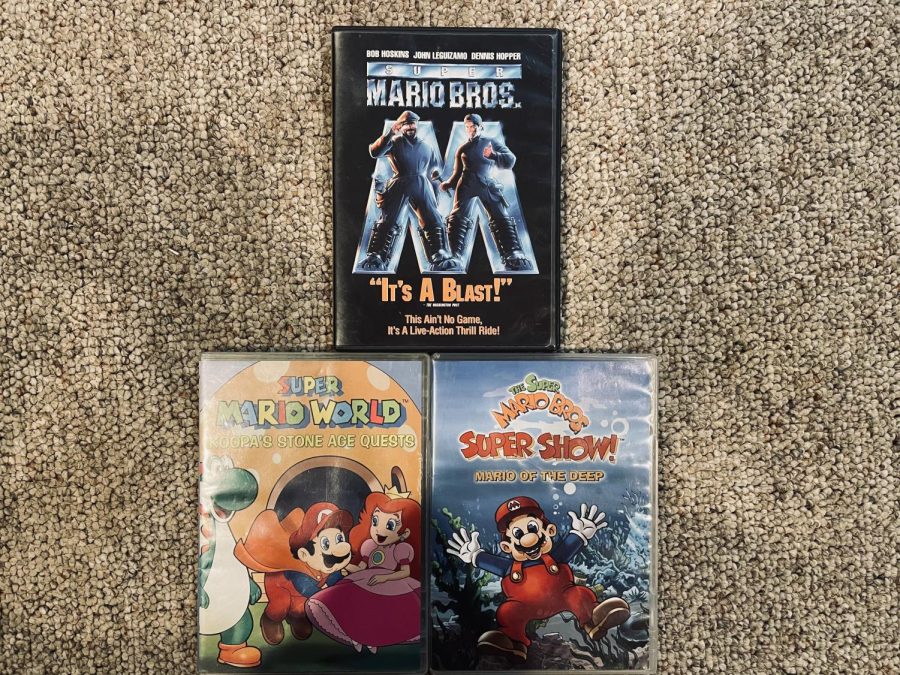Game over: Video game movies lack promise
Explosions ring out as a hooded individual runs from hiding spot to hiding spot, stealthily taking out anyone in his path as he makes his way towards a looming castle, his movements all controlled by you, the player. This is the concept of a modern video game; action packed, interestingly written and of course cinematic. Concepts for games have always seemed prime for translating into the realm of cinema, though despite the promising concepts, I as a game fan have never seen a film adaptation of my favorite hobby work out well.
Ever since I was four years old and got introduced to games by my dad, Nintendo’s line of Super Mario games has always been one of my favorites. When I heard that all the way back in the 90’s there was a movie made about the characters I had spent years playing with, drawing and imagining, I was instantly hooked. Little did I know, I had just signed up for a 90 minute laugh fest.
The inaccuracies of the 1993 movie “Super Mario Bros.” are plentiful, almost to the point where you can’t recognize the source material beyond names. The movie takes place in modern New York City, where the titular Mario brothers are employed as plumbers, not even wearing their iconic overalls. For the first 20 minutes of the movie, it is impossible to tell what it is based on.
This is an issue that is commonly seen in video game movies; a radical step in a direction that isolates the game’s original concept from what appears on the screen. Another drastic setting and concept change can be seen in 2020’s “Sonic the Hedgehog,” where instead of taking place in the world of the games, Sonic finds himself in real world Montana. The only aspects of this movie that are accurate to the games are Sonic himself and his mortal enemy Eggman.
Making the movies so different from what made fans love the concepts in each franchise is a very odd move. With the increase in technological power and talented actors, games are becoming more cinematic by the day. Why would I ever want to see a movie that has Sonic in it if it doesn’t encapsulate what I actually like about the franchise?
These franchises attempt to create their own movies aimed at children while lightly borrowing from well known names. This is what disappoints and removes me from movies based on games; I’m never going to get the same experience with the movie that I did from the hours and hours I spent playing the game.
This gets into a whole other issue when translating games to movies, that being the removal of player interaction. Part of what makes a game so memorable is that we as individuals play it and have a say in what happens: it’s interactive.
By removing control from where there once was some, the new product can seem like a step down, especially since modern games have much more ambitious stories and acting. The removal of player agency is removing a core aspect of what makes the game special in the first place.
Sometimes the movie spawned from a game may not be seen as bad on its own, but knowing what we had prior can ruin a movie by proxy. As such, the translation of games to movies is a tricky slope, and one that I don’t feel has been done well.


